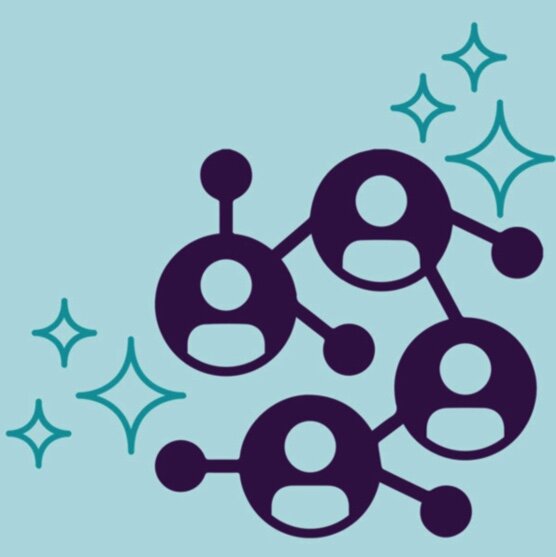This is the second in a series of HDCLS area chair updates by Dr. Stephanie Cawthon, written for Human Development, Culture and Learning Sciences (HDCLS) students, faculty, and staff in the Department of Educational Psychology at the College of Education at The University of Texas at Austin. The first update was published in June.
Here at UT Austin, we have been officially in session for just over a month in this second COVID-19 fall season. I want to take this opportunity to share some thoughts about finding humanity in the sh*tstorm.
Less lurch, more wiggle
The return to school each fall usually is filled with hope, excitement, and a flurry of activity in the rush to get a semester launched. Even if the weather in Texas still says “summer,” that fall back-to-school feeling never gets old. I am grateful to be a teacher and to build community, create positive learning environments, and have this collective purpose and arc of time together with my colleagues and students.
While there are still many unknowns and caution abounds, the fall launch feels different this year than in 2020, with fewer major pivots and many, many nuanced ones. Less lurch, more wiggle.
Taking care
The shift into some more in-person interactions comes with many opportunities to be thankful. I know that my faculty colleagues are so appreciative of the moments we have with each other and our students. Taking care of each other is our top priority, and it’s a humbling experience to do this together.
As my acupuncture doc (and a good friend) always says to me: “Take care of your human, okay?” That phrase usually brings a little tear to my eye. It’s so hard!
So. darn. hard.
Yet pretending that everything is okay and ready to go back to “normal” I believe does us a disservice. We are not the same people we were 18 months ago. I think many of us realize that, even though there are some familiar parts of what we are doing, life is anything but business-as-usual. That’s sometimes frustrating and yet, powerfully humbling as well. I keep asking myself — why is the smallest thing so. darn. hard? I don’t think I’m the only one.
In my course on the Culture of Disability in Education, there is a huge interest in mental health, not just as an academic subject but as a personally relevant topic. I’ve never seen so many people naming stress, loneliness, steps towards wellness, and a rocky mental health journey as part of their introductions to each other.
The heavy toll
I am also very aware that a large proportion of my students have now spent the majority of their undergraduate or graduate program online, off-campus, and, most importantly, in triage-mode. The cumulative effects of stress, the real experiences of loss, grief, and trauma have taken and are taking a toll on our physical, emotional, and psychological selves.
It can be tempting to focus so much on moving on that we forget to acknowledge where we’ve been and what that means for many of our community members. The experiences of COVID-19 have not been equally borne. We see higher rates of occupational hazards in our frontline employees, from our health care workers, the first responders, our service industry employees, and everyone who keeps our communities healthy and safe. Historical oppression and systemic inequities are only further spotlighted in our emergency times.
Leaning in to our framework
When Dean Charles Martinez came to the College of Education, he laid out a vision called Reimagine Education — with three signature areas to guide this effort:
-
Advancing Equity and Eliminating: Disparities in Education and Health
-
Attending to Place and Context
-
Thriving through Transitions
I can’t think of a more timely and relevant framework for our college, for higher education, and for our contributions to systems change.
I challenge myself and my academic community to take this vision even further and to think about who we are as people in our decision-making about teaching, research, and administration. How do we work towards equity, pay attention to the place and context that we are in, and in this and all transitions, find a place for our people to thrive, even if in unexpected ways?
Yet remember…
Back-to-normal in 2021 does not and cannot be “just like 2019”.
Remember that many parents are still juggling extreme versions of schedule chaos and uneven access to child care.
Remember that first-generation students are experiencing multiple layers of financial stress.
Recovery and healing are going to take time, particularly as many of our communities are still in the thick of pandemic impact. The many layers of things that dehumanize us — not only the pandemic but also the effects of racism and climate change — leave us seeking out those places of connection and care.
Whatever agency and attention to humanity you have in your own space, do it. Send the text to just check in with your friends. Examine expectations around timelines and to-do lists, to see where you can provide some grace. Share a meal (virtually or in person) with someone who may need both the food and the company. Don’t just be kind, be kinder.
And remember: take care of your human, too.
